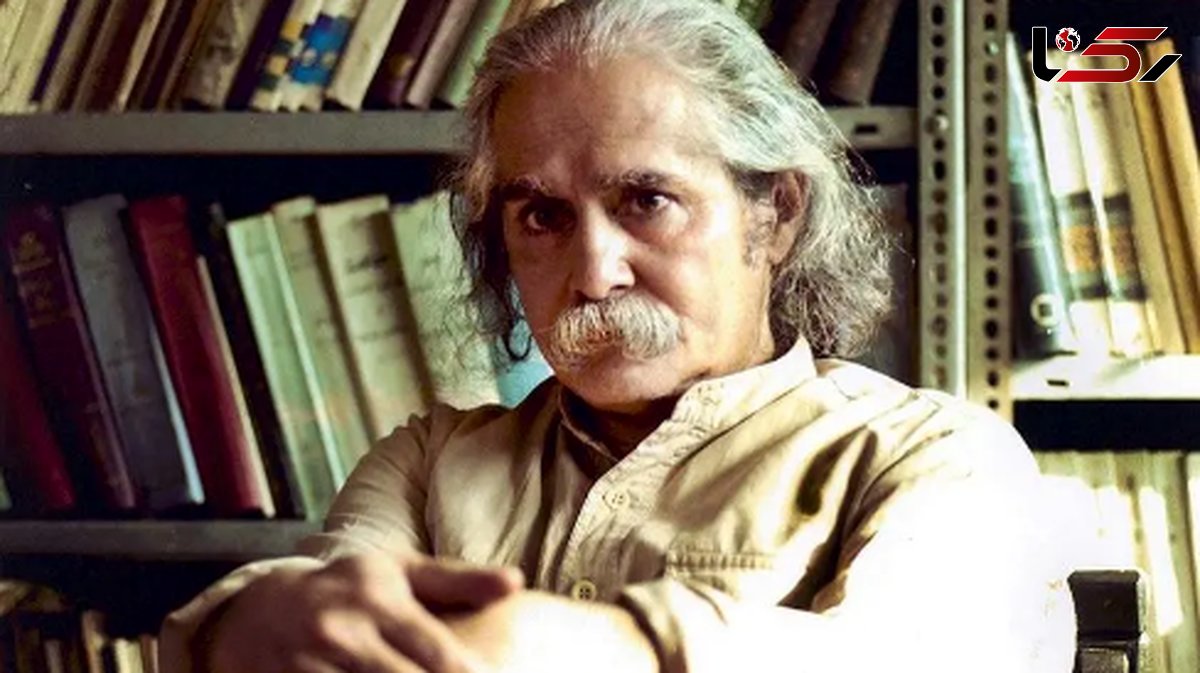The Hidden Grudge of Mehdi Akhavan-Sales Against Nima Yooshij: What Is the Truth?
Rokna Social Desk: The story of the grudge held by Mehdi Akhavan-Sales against Nima Yooshij, the poet who paved the way for modern Persian poetry, has been told in various accounts; was Nima responsible for Akhavan’s imprisonment, or is this narrative merely a fabricated tale?

According to Rokna, many might assume that the master-disciple relationship between Nima Yooshij and Mehdi Akhavan-Sales was always amicable and friendly. However, there are stories that suggest a certain resentment existed between these two eminent poets. Is this claim accurate?
Mehdi Akhavan-Sales is one of the prominent poets who followed the aesthetic path of Nima Yooshij’s poetry and played a significant role in solidifying Nima’s poetic style. Utilizing the “Nimaic” verse form, he was able to lead Persian poetry towards innovation and transformation, playing an unparalleled role in establishing this poetic style.
Akhavan-Sales and the Acceptance of Nima’s Poetic Path
At the beginning of his poetic journey, Akhavan-Sales quickly became interested in Nima Yooshij’s poetic path through close association and composed “Nimaic” poems that, based on the power and allure of poetic language, became among the most important works of Persian literature. However, this closeness and shared path did not remain entirely pleasant forever.
After the August 1953 coup d'état in Iran, Mehdi Akhavan-Sales was imprisoned twice following various incidents, and there are accounts suggesting that Nima Yooshij played a role in these events. These rumors, which remain ambiguous to this day, indicate a deep discord between these two great poets.
The Book “Pir Parnian-Andish” and the Story of the Grudge
In the book Pir Parnian-Andish, which is based on an extensive interview with Hooshang Ebtehaj (H. E. Sayeh), the topic is addressed that Akhavan himself believed that Nima had betrayed him to the security agents. However, Sayeh in response stated:
“By God, Akhavan himself thought Nima got scared and betrayed him, but Akhavan was not the kind of person Nima would want to betray. If Nima wanted to betray someone, he would have betrayed an important figure; important in terms of party and organization, I mean. This is somewhat unbelievable...”
Sayeh’s words reveal a degree of skepticism about Akhavan’s claim; nevertheless, they also imply the existence of some resentment Akhavan harbored against Nima.
Akhavan-Sales’s Poetic Complaints
One of the clear signs of Akhavan’s resentment toward Nima can be found in a poem titled “For My Little Daughter Laleh and Mr. Mina”. In this poem, Akhavan expresses grievances toward Nima, and it is said that “Mina” in the poem directly refers to “Nima.” This name change perhaps reflects Akhavan’s effort to resolve the bitterness while maintaining respect after Nima’s passing.
In another poem attributed to Akhavan, he accuses Nima of betraying him. However, Mohammad-Reza Shafiei-Kadkani, in his book Halat va Maqamāt-e M. Omid, has regarded this poem as fabricated.
The Role of the Tudeh Party and Jalal Al-e Ahmad
There are contradictory narratives regarding Akhavan’s resentment and its causes. Some believe that the Tudeh Party and its affiliates played a central role in this dispute. Furthermore, Taghi Khavari stated in an interview that during Akhavan’s interrogation, Nima had handed over handwritten poems to the security forces, which led to Akhavan’s imprisonment.
Another account, attributed to Jalal Al-e Ahmad, claims that he convinced Nima that Akhavan was capable of enduring the hardships of prison, and in a way, preferred that Akhavan be the one to suffer.
Given these narratives, it remains unclear exactly to what issues Mehdi Akhavan-Sales’s resentment toward Nima Yooshij can be attributed. Was Nima truly responsible for Akhavan’s imprisonment, or is this merely a misunderstanding among generations of poets? A definitive answer remains elusive, but Akhavan’s resentment toward his master Nima is a complex and ambiguous subject that continues to invite discussion and analysis.
Send Comments